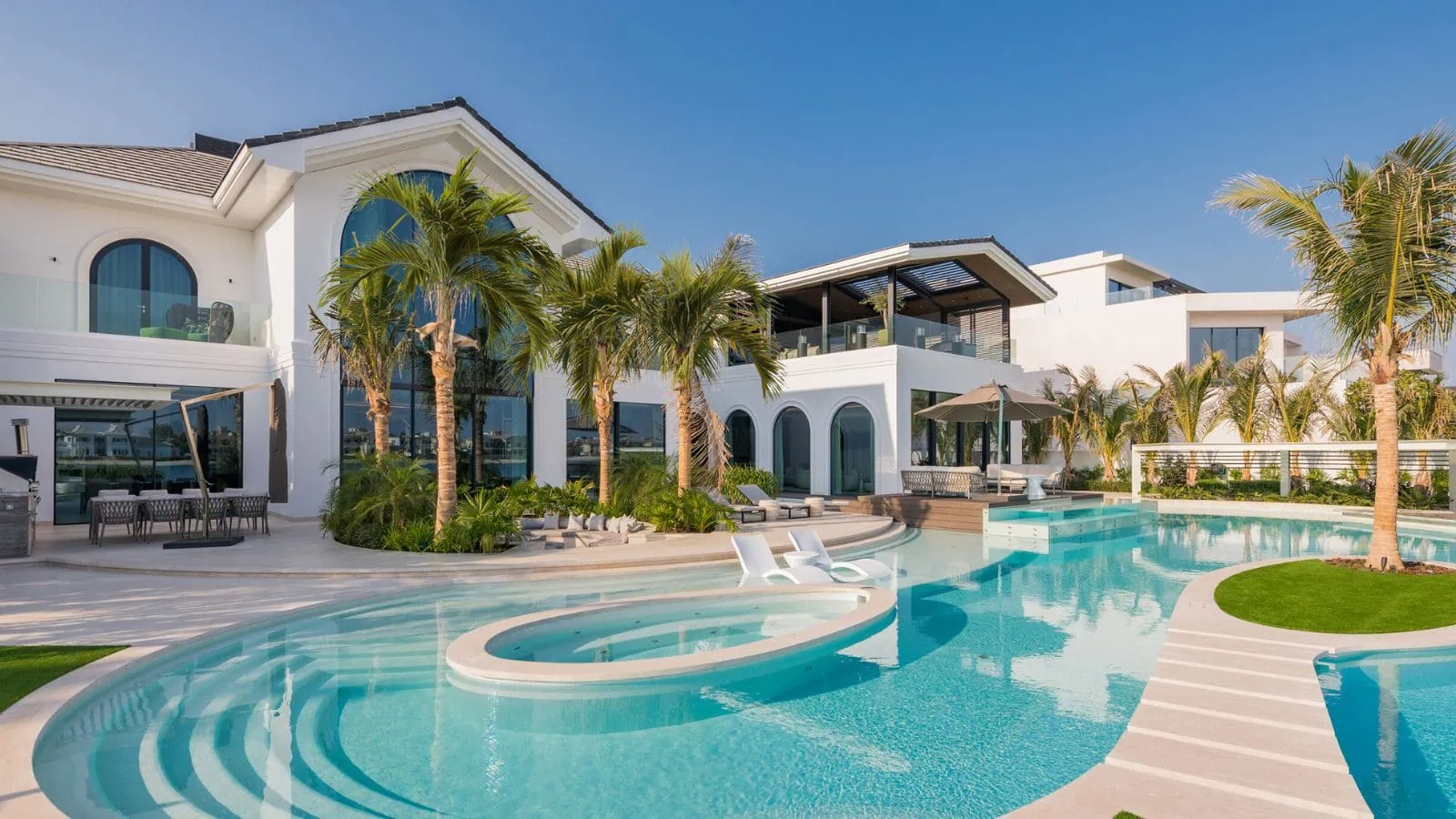Buying a home in Dubai is a dream for many, thanks to the city’s luxurious lifestyle, world-class infrastructure, and strong investment potential. But while Dubai’s property market offers great opportunities, it can also be overwhelming — especially for first-time buyers.
To help you avoid costly errors, we’ve highlighted 7 common mistakes to avoid when buying property in Dubai, along with tips, rules, and insights that every buyer should know.
1. Not Researching the Dubai Real Estate Market
Dubai’s property market moves quickly, and trends can change within months. Jumping in without proper research can lead to overpaying or buying in the wrong community.
What to Do Instead:
Compare prices of similar properties in your desired area.
Study whether it’s currently a buyer’s or seller’s market.
Research the reputation of the developer and project.
Pro Tip: Use property portals and RERA reports to track price trends and demand in each area.
2. Ignoring Dubai’s Real Estate Laws
Many expats rush into buying without knowing the legal framework. This can result in disputes or even loss of investment.
Key Rules to Remember:
Freehold vs Leasehold: Non-UAE nationals can only buy in freehold areas.
Registration: All purchases must be registered with the Dubai Land Department (DLD).
Mortgages: The UAE Central Bank sets strict down payment and loan-to-value (LTV) rules.
💡 Tip: Always work with a RERA-certified broker and legal advisor.
3. Skipping Financial Planning
Most buyers only focus on the property price and forget the extra costs. These include:
4% DLD registration fee
Agency commissions
Mortgage application fees
Property valuation costs
Annual service charges
Why It Matters: Without planning for these, you may struggle to complete the deal.
4. Overlooking the Risks
Dubai’s real estate market is attractive, but it comes with risks like:
Price Fluctuations: Rapid ups and downs.
Off-Plan Delays: Some projects are handed over late.
Legal Disputes: Issues with developers or sellers.
How to Reduce Risks:
Buy ready-to-move-in homes where possible.
Only deal with RERA-registered developers and brokers.
Get independent legal advice before signing.
5. Choosing the Wrong Location
Location defines your lifestyle and your property’s long-term value.
Factors to Consider:
Proximity to schools, offices, and public transport.
Access to amenities like malls, healthcare, and leisure.
Upcoming projects that can increase value.
Examples:
Urban living: Downtown Dubai, Dubai Marina.
Family-friendly: Arabian Ranches, Emirates Hills.
6. Not Getting Mortgage Pre-Approval
Many buyers make offers without knowing their borrowing limit. If the bank rejects their application, the deal falls through.
Steps for Pre-Approval:
Approach a bank or mortgage broker.
Submit salary certificates, bank statements, and documents.
Get a clear loan amount you’re eligible for.
💡 Tip: Keep your Debt-to-Income (DTI) ratio low to access better rates.
7. Rushing the Decision
Buying a home is a long-term investment. Moving too fast can lead to regrets.
Checklist Before You Buy:
Inspect the property multiple times.
Compare similar listings.
Check for maintenance or legal issues.
Consult property inspectors and advisors.
FAQs – Buying a Home in Dubai
Market fluctuations, off-plan delays, and disputes. Work with RERA-certified professionals to minimize risks.
Yes, in designated freehold areas. All transactions must be registered with the DLD.
Off-plan: Lower cost, higher risk (delays).
Ready: Immediate handover, safer, but usually more expensive.
Yes, if they meet eligibility criteria like minimum salary and LTV limits.
Focus on lifestyle needs, access to amenities, and future development in the community.



